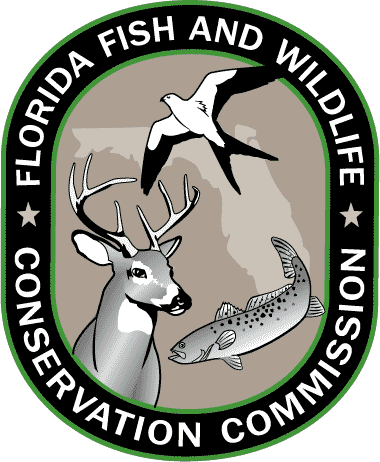Florida FWC Offers Bowhunting Course in Miami-Dade County

The Florida Fish and Wildlife Conservation Commission (FWC) will host a free National Bowhunter Education Foundation bowhunting course in Miami-Dade County on March 30 from 8 a.m. to 6 p.m. and March 31 from 8 a.m. to noon.
Have you ever wondered how the hunter fits into modern-day conservation efforts? Do you want to learn how to handle a bow and arrow? These are just a couple of the instructional areas covered in the FWC’s bowhunting course.
The course will provide students with hands-on experience shooting a bow and arrow on the range. Students are encouraged to bring their own equipment.
The course will be at Camp Redlands, 15415 SW 256th St., Miami, FL 33031.
Space is limited and reservations are required. Participants can make reservations at MyFWC.com/HunterSafety by selecting “Bowhunter Education” or by calling 561-625-5122. A statewide schedule of hunter safety and bowhunting classes is available at the same link.
Parents or legal guardians must accompany children under 16 years of age to all classes. To participate in the live-fire exercises, children under 18 years old must present a parental release form signed by a parent or legal guardian.

